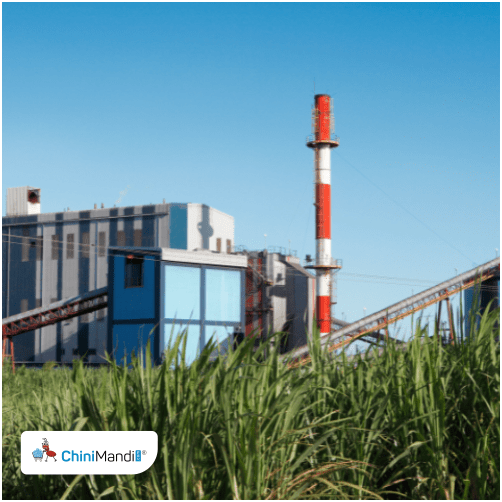The revival of the six state-owned sugar mills in Bangladesh is in the doldrums as no steps have been taken in this direction since they were closed. The mills have been shut for more than three years which has led to the rising sugar prices in the local market, reported Daily Star.
A deal between the interim government and the S Alam Group to resume production at the mills was cancelled recently due to alleged irregularities. The agreement, signed in July, had involved a feasibility study aimed at boosting local sugar production.
The reopening of the mills is now tied to a 2019 agreement involving a foreign joint venture. However, the foreign investors – Sutech Engineering Co. of Thailand, Sharkara International of the UAE, and Sojitz Machinery Corporation of Japan – have reportedly had limited communication with Bangladesh’s Sugar and Food Corporation, according to its secretary, Md Anowar Kabir.
Officials said Sutech’s proposal was promising and could have made the mills profitable, but the previous government allegedly favoured a partnership with the S Alam Group, even signing an agreement to that effect. Kabir commented, “If the foreign investors are genuinely interested in investing, they should approach the government now.”
In 2019, the Sugar and Food Corporation signed a memorandum of understanding (MoU) with foreign investors to establish modern and energy-efficient sugarcane, liquor, and beer industries in Bangladesh. The following year, Thai Sutech conducted a feasibility study and submitted its report. The investors proposed a Tk 5,000 crore investment, backed by a sovereign guarantee from the Bangladeshi government.
However, the government decided to pursue the project through a government-to-government (G2G) arrangement, with financing expected from the Japan Bank for International Cooperation and the Exim Bank of Thailand.
In the meantime, production at six mills – Pabna Sugar Mills, Shyampur Sugar Mills in Rangpur, Panchagarh Sugar Mills, Setabganj Sugar Mills in Dinajpur, Rangpur Sugar Mills, and Kushtia Sugar Mills – was halted in December 2020. The Ministry of Industries was moving forward with the upgrade plan involving Thai and Japanese investors, but according to sources at the Sugar and Food Corporation, influential figures within the government pushed to award the contract to the S Alam Group.
A MoU was signed between the corporation and the S Alam Group in July to conduct a feasibility study. However, the agreement was later cancelled due to various irregularities, according to officials.
Secretary Anowar Kabir reiterated that Sutech’s proposal was highly attractive and had the potential to make the mills profitable. He added that since the previous government did not finalize the sovereign guarantee, the interim government cannot make a firm decision on the matter.
Sovereign guarantees and G2G arrangements are two different ways to facilitate foreign investment. A sovereign guarantee involves the government backing the debt or obligations of a private or state-owned enterprise to a foreign investor. In contrast, a G2G arrangement is a direct agreement between two governments for loans or investments.
Md Emdad Hossain, a local representative of the foreign investors, told The Daily Star that they are eager to invest and can resume the process if the government is interested. “There is no need to sign a new agreement; a letter from the Sugar and Food Corporation would suffice,” he said.
Hossain added that the investor would introduce high-yield sugarcane in the areas around the mills and implement modern technology to ensure their commercial viability. The companies plan to produce premium-quality alcohol used in perfumes and pharmaceuticals, with by-products helping increase revenue.
















